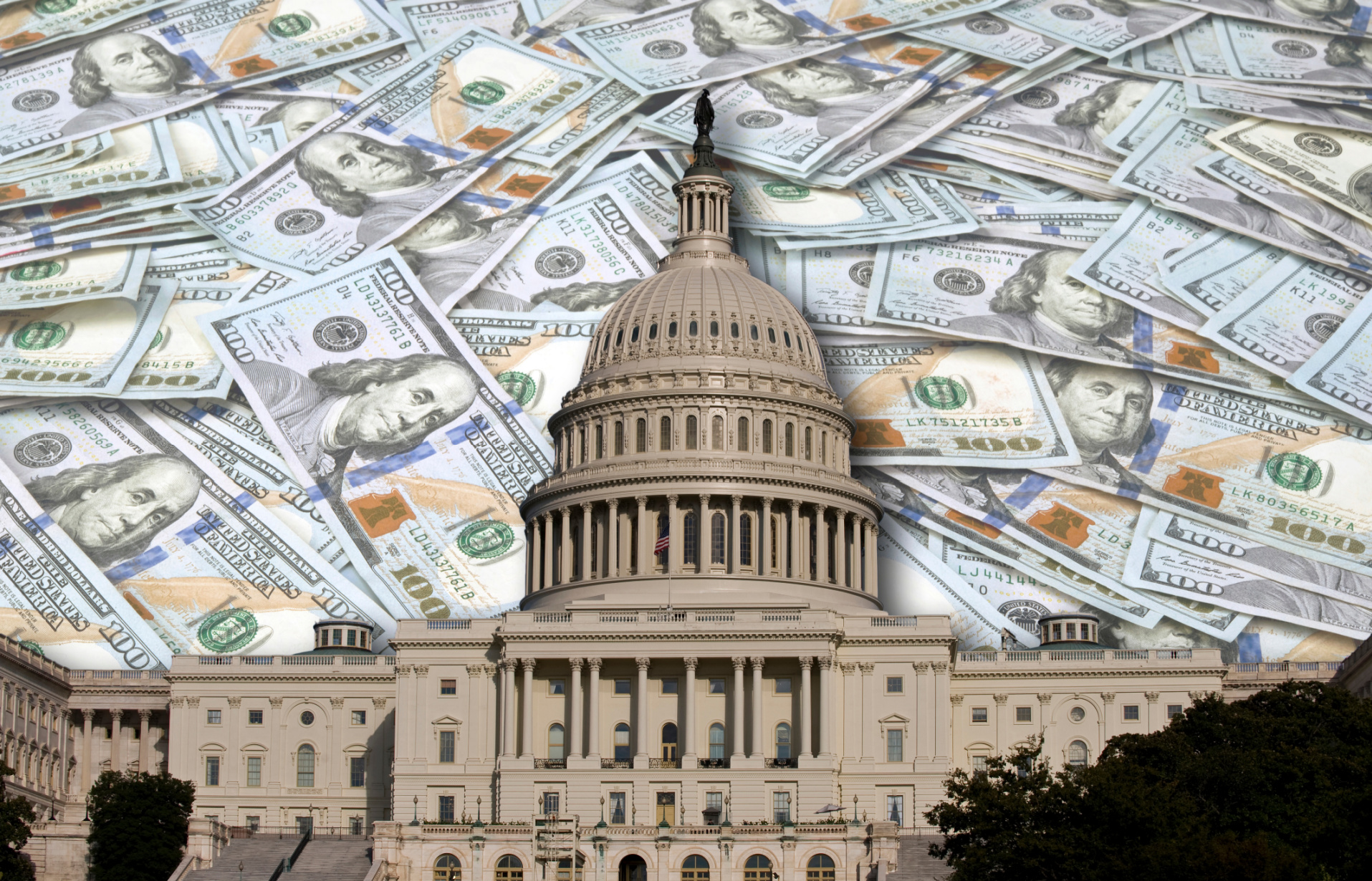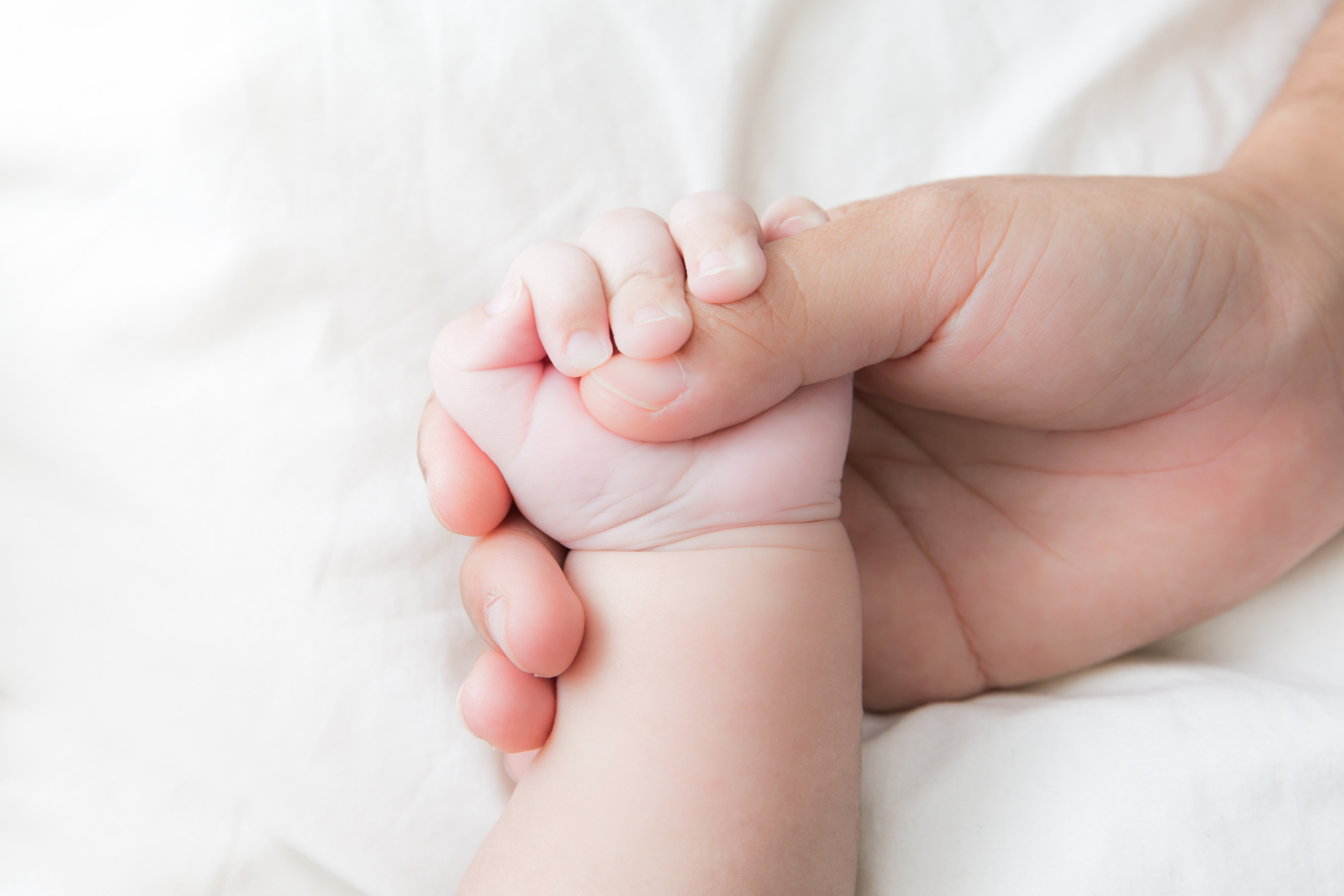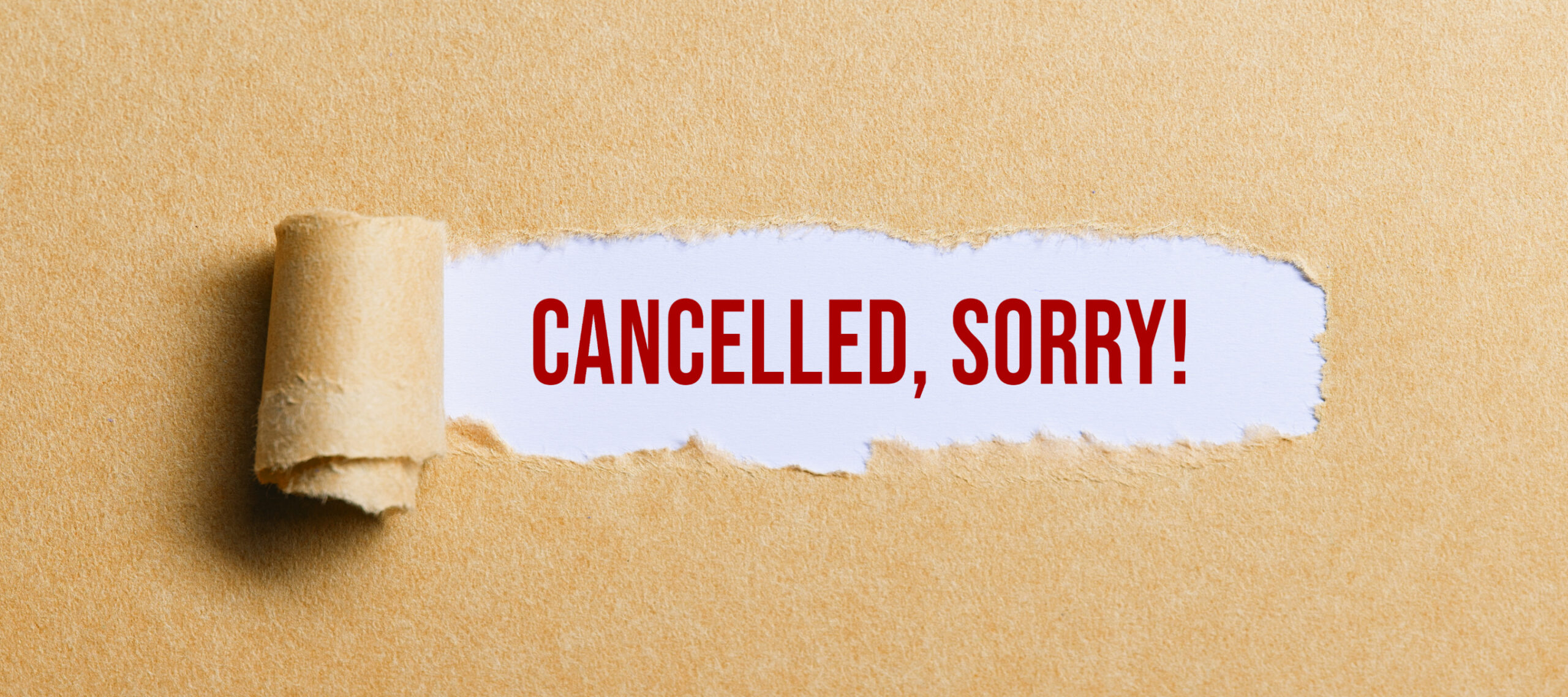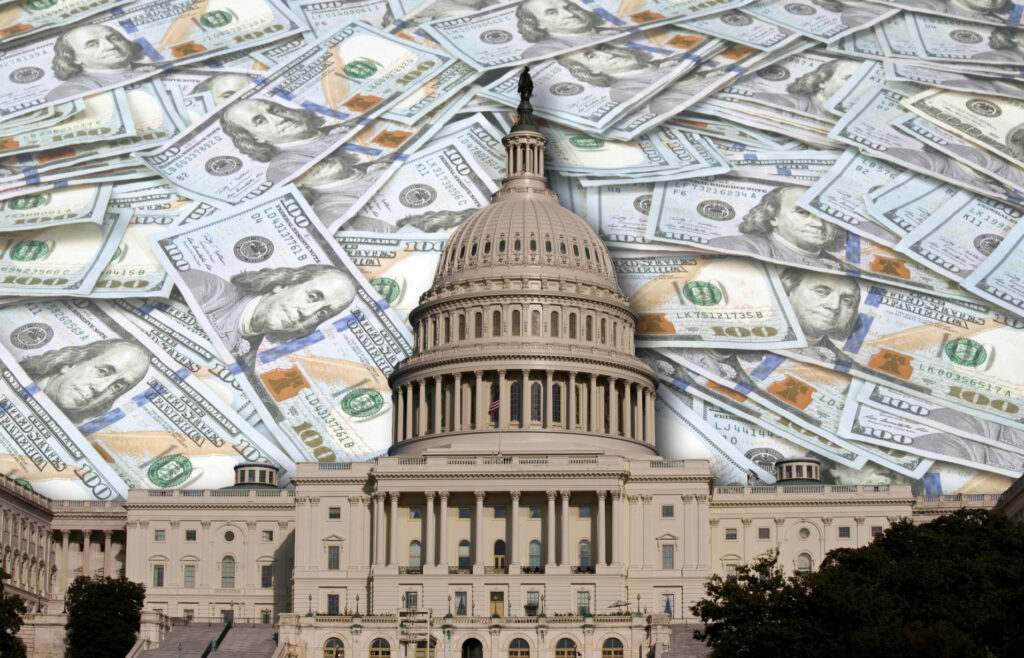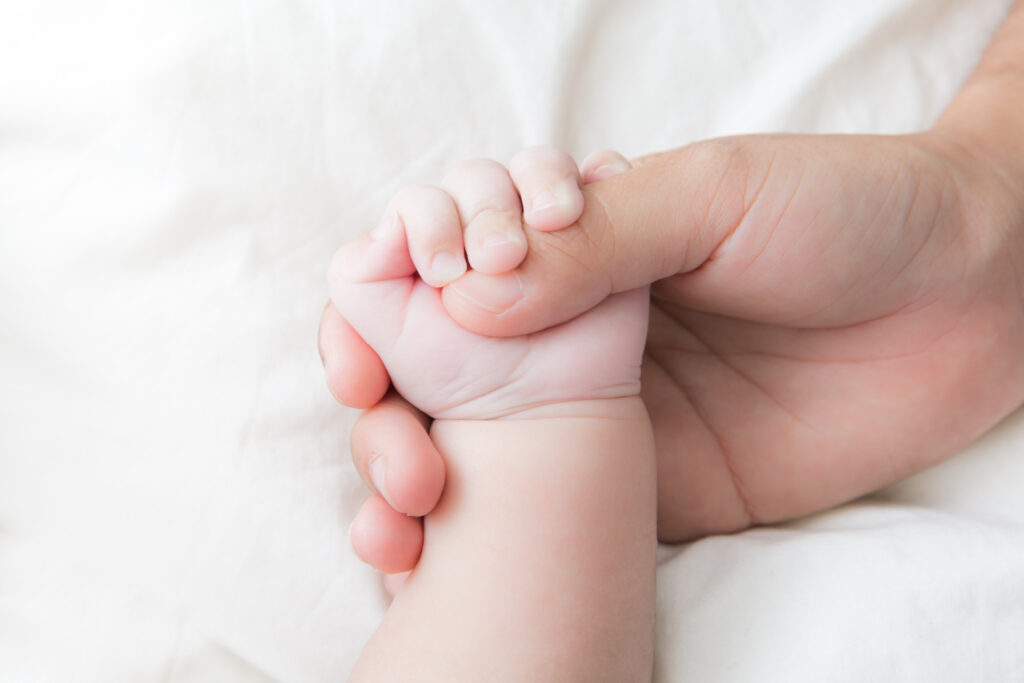Caitlin Clark, the WNBA, and the Myth of ‘Fair Pay’ in a Failing League

Many years ago, I worked for a company where the executives usually ate lunch together in a private dining room. After eating, the custom, weather permitting, was to take a walk together. One time, the general counsel was complaining about something not being fair. One of my colleagues reacted with: “Fair? The last thing we want is fair. If things were fair, Greener and I would be arguing over whose turn it is to mow or rake.”
This story has stood in my memory as a reminder that all of us have been blessed far beyond what would be fair. In my faith, we call that the gift of grace. In any event, there are a whole lot of us, starting with me, who should be happy that life is not fair.
All of this is a long introduction to the topic of women playing in the Women’s National Basketball Association (WNBA), demanding they get paid more. Their collective bargaining agreement (CBA) is currently being negotiated. At their all-star game last week, these women donned t-shirts reading “pay us what you owe us.”
In the real world, that is the last thing these women should want. From its inception, the WNBA has been subsidized by the NBA. In other words, the WNBA does not come remotely close to paying for itself. What kind of money are we talking about? Last year, they lost $40 million dollars.
This is despite the surge in attendance and viewership in games where rookie phenom Caitlan Clark played. As a simple matter of fact, the league is dominated by black lesbians. That causes me no heartburn. What treatment has Clark received on and off the court? The hostility evidenced towards her by a goodly number of her peers smacks of resentment. Clark is white and heterosexual.
As a white heterosexual myself, I can understand why some would be frustrated that it took a Caitlin Clark to garner widespread attention for the league. What I do not understand is how this frustration is translated into how so many of the players have reacted to her. To Clark’s credit, she has more than once made clear she concurs that race and sexual orientation should not determine how a player is viewed. Still, this appears to be a case of cutting off the hand that feeds you.
And, this leads us to the big problem. Only a sense of entitlement can account for these players (including Clark) wearing the t-shirts. Even with Clark, the league continues to run deeply in the red.
In our country, athletes get compensated based on how many fannies are in the seats and how many eyeballs watch the game. If the test of fairness concerning who is owed what is to be governed by these two factors, the players would be looking at their paychecks as loans to help make the league profitable. Their role would be to provide entertaining competition on the court that gained attendance and viewership. Off the court, they would exhibit gratitude for the opportunity to play the game they love and get paid for it.
It is absolutely true the men playing in the NBA make tremendous money, into the many, many millions. The average is around $10 million. In other words, the league is making money and is willing to dedicate some of it to subsidizing the WNBA. There simply is no logic that supports the idea that WNBA players “deserve” to get a big hike in salaries. None. Surely, at some point, they will understand fair is not what they are seeking today.
Common Sense: When your job is for an organization losing $40 million in a good year, it probably is not a great idea to argue you deserve a pay raise.
RECENT










BE THE FIRST TO KNOW

More Content By
Bill Greener